Just two weeks until the federal election in Germany, platforms said they have measures in place to counter disinformation.
Last week, with barely a fortnight to go until the German federal election on 23 February, manipulated TikTok videos showing hundreds of thousands of people apparently marching for the far-right Alternative for Germany (AfD) went viral.
German authorities have also warned in recent weeks that a disinformation campaign originating from Moscow could be trying to influence the outcome of the election campaign, as allegedly happened in the November Presidential election in Romania.
The European Commission last month asked Microsoft, TikTok, LinkedIn, Google, Snap, Meta and X to take part in a stress test, to make sure they have appropriate risk mitigation measures in place. The same group of platforms also took part in a roundtable with the German Digital Services Coordinator and the Commission to discuss risks.
Here is what some of the platforms have done so far in a bid to counter fake news.
Meta’s Facebook and Instagram
Last April, Meta’s Facebook and Instagram became the subject of a European Commission investigation over how the platforms tackle disinformation under the Digital Services Act (DSA), amid fears they are vulnerable to Russian networks.
In a statement in late January, Meta said it had made global efforts since 2017 to detect and remove fraudulent campaigns, including ahead of elections such as the German vote. The company “expects” however that fraudulent campaigns “will try to return in order to avoid removal by us and other platforms.”
From May to August last year, Meta said it tracked down and removed more than 5,000 doppelganger accounts – a Russian influence operation – worldwide.
“We have also shared our findings with the German authorities and continue to be in close contact with them,” Meta said in a statement.
“When we took new and stricter measures against Russian state-controlled media in 2022, including blocking in the EU and downgrading their posts globally, research by Graphika showed that posting volume on their pages fell by 55% and engagement by 94% compared to pre-war levels, while more than half of all Russian state-owned media outlets stopped publishing altogether,” Meta said.
German fact-check organisation GADMO said that in the run-up to the German election, issues such as the country’s support for Ukraine continues to be a recurring theme – whether there should be more or less aid and whether parties are for or against such support.
TikTok
Video sharing app TikTok has also been hit with a Commission DSA probe for failing to adequately mitigate risks during the Romanian elections. Calin Georgescu, an independent nationalist and Eurosceptic candidate won the election, but the result was annulled after the Constitutional Court saw evidence of Russian interference in the voting process, particularly on TikTok, provided by the country’s intelligence services.
Ahead of the German election, TikTok said it launched an in-app election centreto connect its community with reliable and accurate election information from trusted sources, as the platform said it does for all elections.
“This initiative is part of a broader set of measures aimed at further strengthening the platform, and ensuring our community can remain creative in a safe, authentic environment during this critical period. These efforts include removing harmful content, linking people to trustworthy information, and collaborating with experts and officials,” TikTok said.
The company added that it removed more than 40 networks this year for attempting to engage in covert influence operations, including three based in Germany.
In a debunk published last week however, GADMO said that if users look for election "decision-making aid" on Tiktok for the Bundestag election, they will end up with about “two dozen videos with disinformation”.
The videos show a table that is supposed to provide a neutral overview of the party programs of the CDU, SPD, AfD, Left, FDP and Greens. But while AfD positions are correctly presented in the table – incorrect statements are attributed to the other parties.
Snap
Snap, which owns Snapchat – an instant messaging app which is estimated to have some 15 million monthly active (mostly young) users in Germany -- said its team is reviewing and fact-checking every political ad.
“Snapchat was designed to be different to traditional social media and we made deliberate design choices to prevent the spread of misinformation, including moderating content before it can be seen by a large audience and having no livestream,” a spokesperson for the company said.
Its transparency report, which the largest platforms must send to the Commission under the Digital Services Act (DSA), shows that in the first half of 2024, disinformation accounted for 0.1% of all content that violated the company’s guidelines.
Google and YouTube
Google said that it’s working on how to provide users with access to relevant election information and the results, including on questions about eligibility to vote and postal voting requirements for those living abroad.
Google’s YouTube said its recommender system will highlight relevant news sources. “For the German elections, we're introducing special features to make it easier for people to figure out how to vote, as well as election reminders,” Sabine Frank, Google’s Head of Government Affairs and Public Policy Google for the German-speaking countries, said in a recent blog post.
“Our teams identified dangerous cyberattacks on German political parties last year and published the measures we have taken to stop the attacks,” Frank said.

 1 month ago
13
1 month ago
13
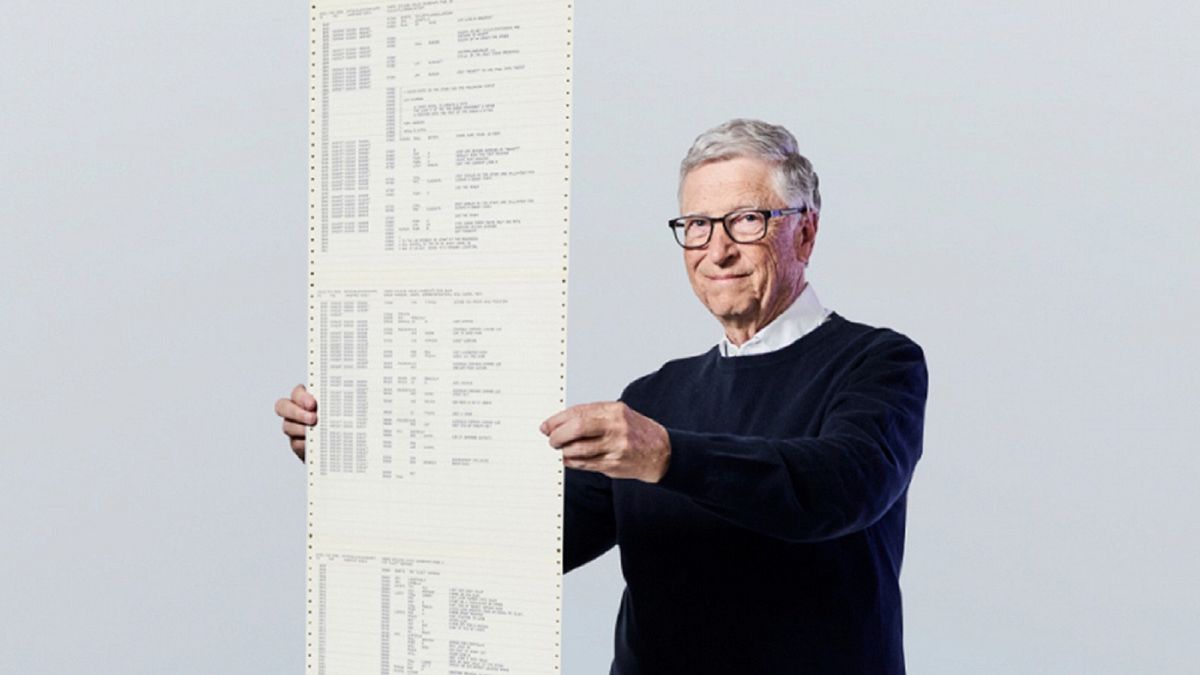
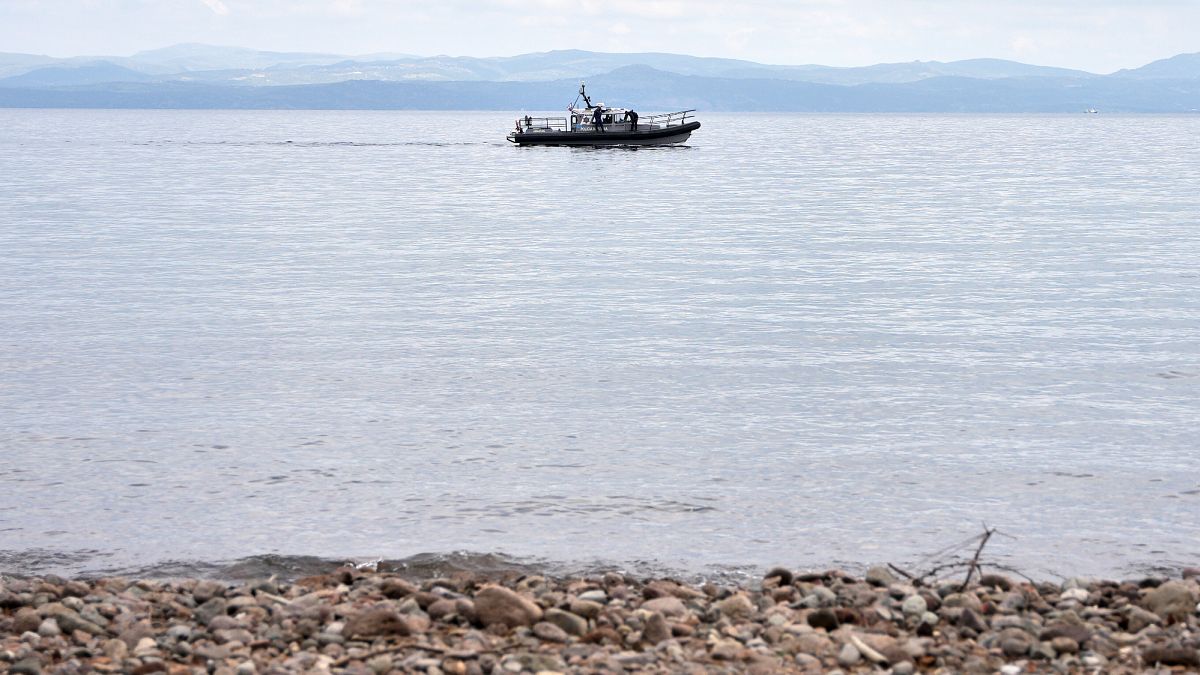
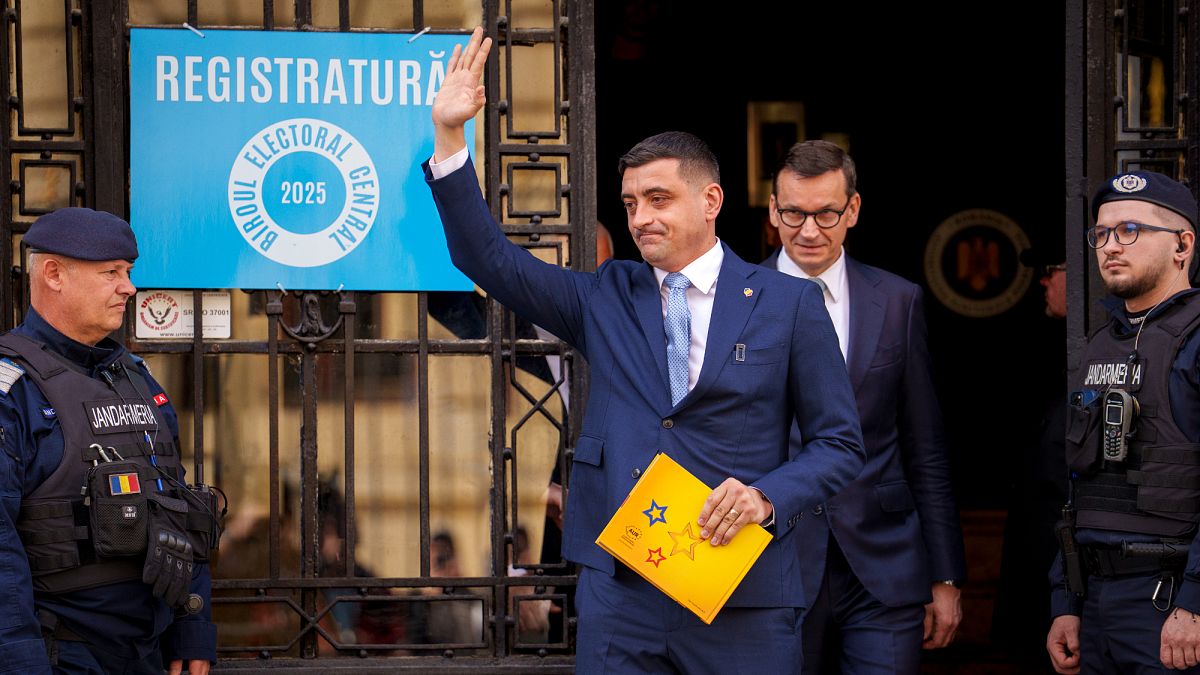
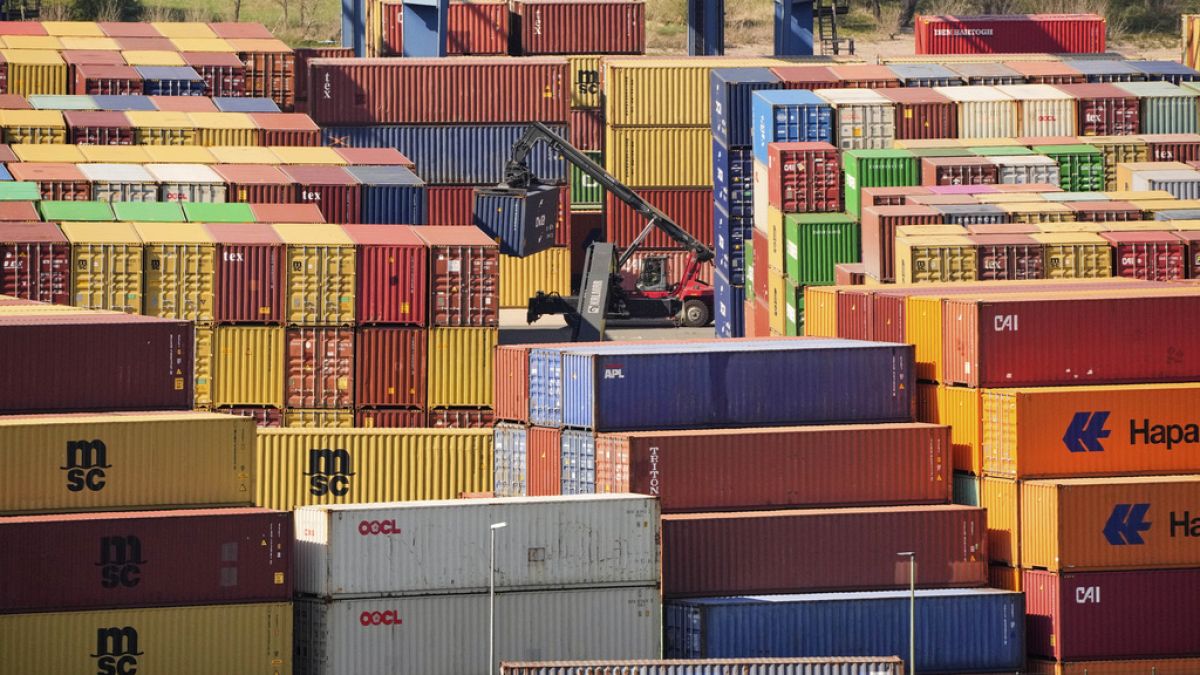
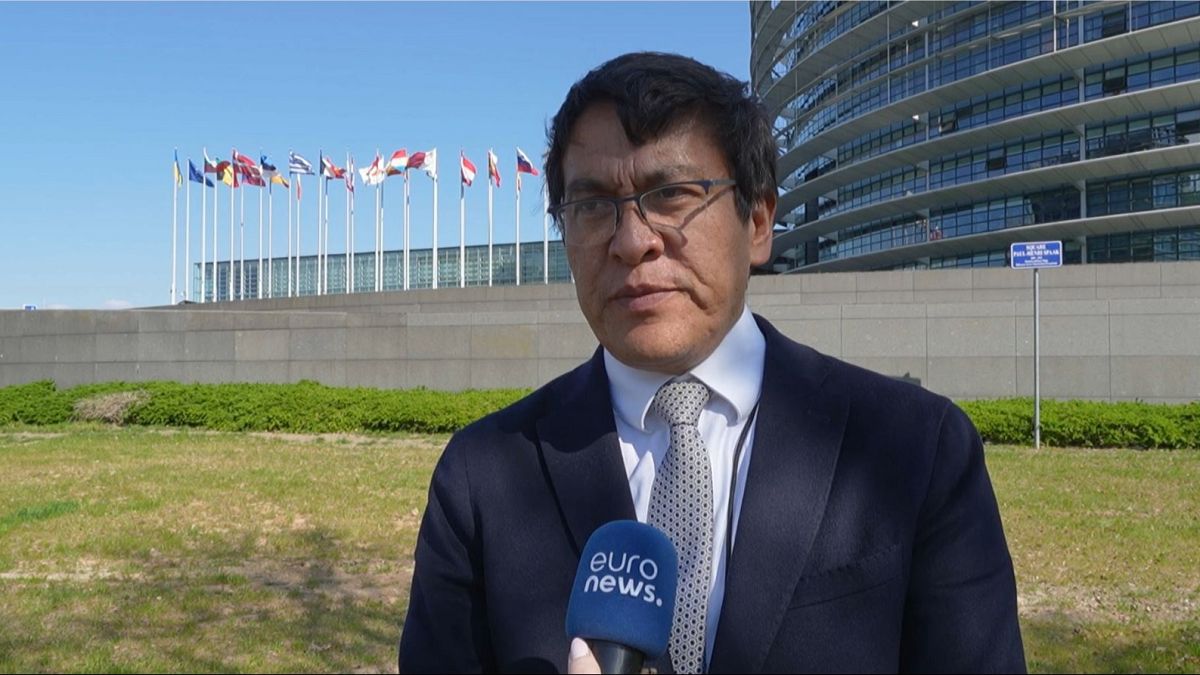
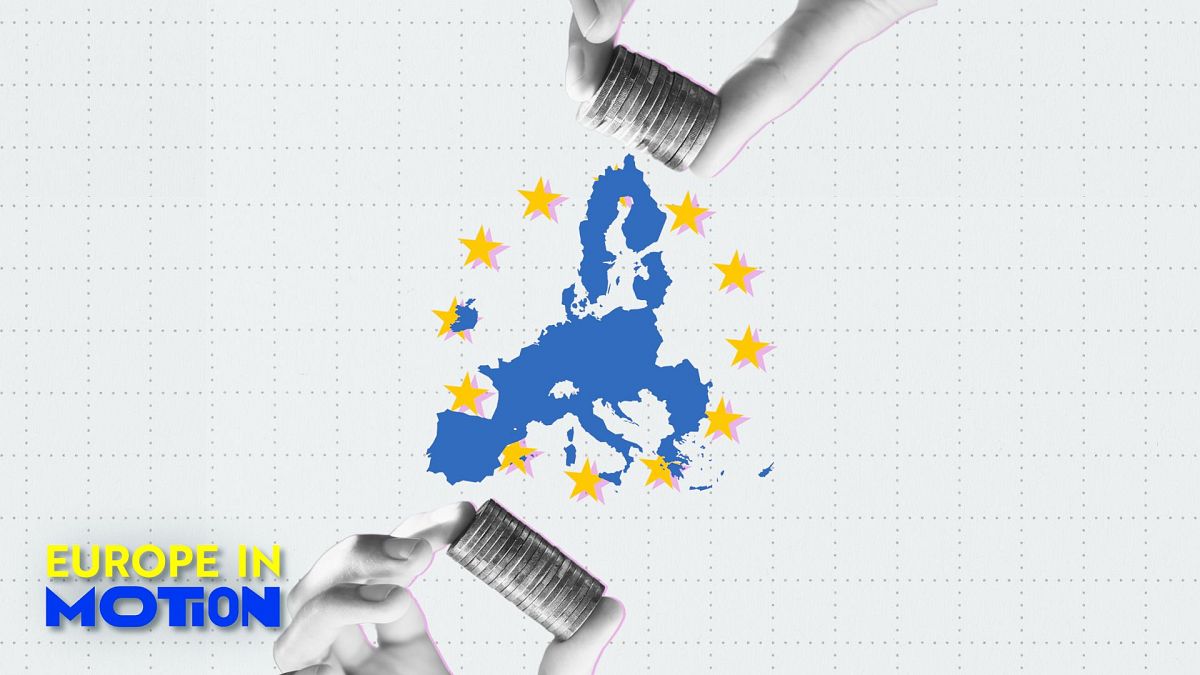
 We deliver critical software at unparalleled value and speed to help your business thrive
We deliver critical software at unparalleled value and speed to help your business thrive






 English (US) ·
English (US) ·